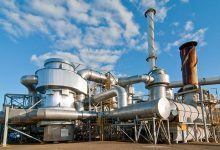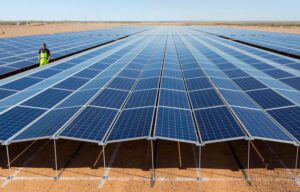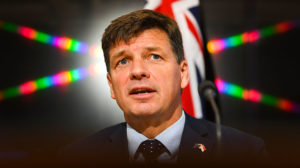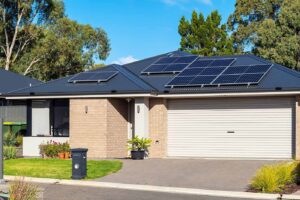The Western Australia state government has struck a deal with power company TransAlta to use gas-fired generation previously focused on BHP’s mothballed nickel operations in Kalgoorlie while the search for battery and renewable alternatives for the town continue.
The extra backup generation – up to 150MW of emergency gas-fired generation from the TransAlta electricity plant at the Nickel West Kalgoorlie smelter – will tide the Goldfields region over to July 2026, as the state government races to meet its own deadline for more reliable generation in the area.
Kalgoorlie is looking to source its own battery and generation to allow it to operate as a renewables micro-grid and avoid a big investment in new transmission lines – possibly seeking to avoid some of the problems experienced at Broken Hill last month.
The state government announced a tender in March for up to 150 MW of new grid capacity – likely batteries – after huge storms ripped up the main transmission line to Kalgoorlie and emergency fossil-fuel back-up generators failed, leaving the city in a black out for more than a day.
Already, Western Power has been making major upgrades to the West Kalgoorlie Power Station and 220kV transmission line feeding the town to try to make sure it can stay online in the event of energy disruptions.
“This arrangement with TransAlta is an effective way of providing significantly more security to Kalgoorlie families as we continue to seek additional, permanent back-up generation for the Goldfields,” says state energy minister Reece Whitby.
“The Cook government is taking reliability for Kalgoorlie seriously – dedicating serious resources across multiple agencies to make effective and lasting improvements now and into the future.”
Increasing outages in the mining region forced the government and the network operator into replacing ageing and unreliable fossil fuel generators. New reliability guidelines effectively rule out two local gas fired power generators owned by Synergy, which wouldn’t be able to meet them in time.
The preference is for more renewable energy and a grid that could look after itself when shocks such as storm damage happen – rather than rely on a 650km long transmission line to the last of Western Australia’s coal fired power plants.
The latest outcome is a win for the Kalgoorlie-Boulder township, says Kalgoorlie MP Ali Kent, who acknowledged the rising frustration locals have over the area’s falling energy reliability.
“I want to thank the Goldfields community for its patience,” she said in a statement.”
“The state government has been working with industry throughout this year to procure interim generation while Western Power tenders for long-term back-up generation in the region.
“It’s a hard job managing our state’s energy systems, but it’s a job that must be done right.”
Note: This story has been amended to correct source of back-up power to be supplied by TransAlta under the deal.







